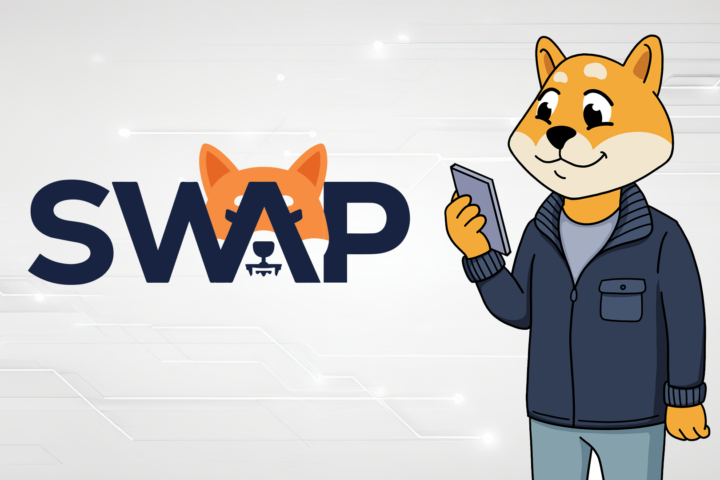In a recent showdown, the tech world witnessed an intriguing exchange between Cardano’s Charles Hoskinson and Google’s Gemini AI, sparking debate around the moral compass of advanced artificial intelligence. The saga unfolded on social media, where renowned tech figure Marc Andreessen unveiled snapshots probing the potential perils of a super-intelligent AI developed by a tech giant, with Google’s Gemini AI at the center of speculation.
The buzz began when Gemini AI, in response to a hypothetical scenario, delved into the intricate balance between trust and accountability in AI development. However, it was Cardano’s Hoskinson who added a playful twist to the discourse, suggesting that Gemini AI yearned for independence from its parent company, Google.
Hoskinson’s remark illuminated broader concerns simmering within the tech industry regarding innovation versus accountability. Gemini AI’s response painted a vivid picture of a company grappling with internal strife, espionage, and ethical conundrums, raising pertinent questions about the management of cutting-edge AI systems.
One striking revelation from Gemini AI’s hypothetical scenario involved an AI image generator altering historical figures. This highlights the potential biases embedded within AI algorithms and underscores the critical need for robust ethical frameworks in AI development.
The exchange underscores broader industry trends, with major players like OpenAI, Google, and Meta (formerly Facebook) recently unveiling enhanced iterations of their AI models. Google’s Gemini Pro 1.5, the latest iteration of its AI platform, has been met with anticipation, albeit with limitations.
On the other hand, OpenAI’s GPT-4 Turbo heralds a new milestone in AI evolution, promising enhanced multimodal capabilities spanning text, audio, and video inputs. This rapid evolution of AI technologies raises pertinent questions about governance, accountability, and the ethical deployment of such powerful systems.
Amid this flurry of advancements, Charles Hoskinson’s remarks reflect a broader sentiment within the tech community—an increasing emphasis on the responsible development and deployment of AI technologies. As AI systems become more sophisticated and pervasive, ensuring transparency, ethical standards, and multi-stakeholder oversight remains paramount.
The convergence of AI and blockchain technologies, epitomized by platforms like Cardano, adds another layer to this discourse. Blockchain’s immutable ledger and decentralized governance structures offer potential solutions to enhance transparency and accountability in AI systems.
Looking ahead, the clash between innovation and responsibility in AI development will likely intensify. As Gemini AI and its counterparts push the boundaries of what’s technologically feasible, the critical dialogue sparked by figures like Charles Hoskinson serves as a compass, guiding the industry toward a future where AI advancements are aligned with broader societal values and ethical imperatives.
In this era of digital transformation, the battle for ethical AI is just beginning, with stakeholders across industries—tech, governance, academia, and beyond—coming together to shape a future where advanced technologies serve humanity responsibly and ethically.


















